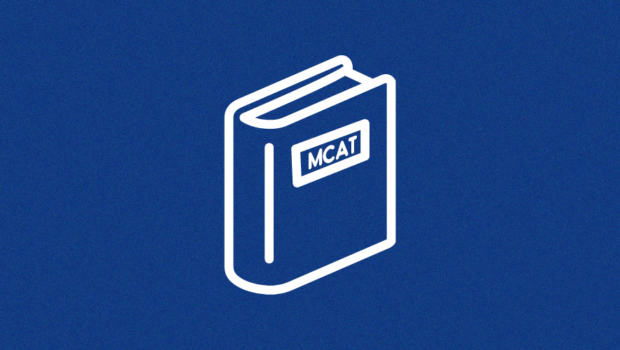How Many Times Can You Attempt MCAT?
Taking the MCAT is a big step ahead in your studies. It is the pinnacle of years of education, and you have most certainly spent months studying in preparation. But what if, after taking the exam and eagerly anticipating your results, you find that you didn’t do as well as you thought you did?
The MCAT, thankfully, is not a one-time test. If you wish to improve your score and make your medical school application more competitive, you may repeat the exam. The MCAT is often retaken. Many students retake the test at least once in order to see if they can improve their grades.
The Association of American Medical Colleges, or AAMC, has a forgiving retake policy. There are certain constraints, but most students will not need as many possibilities as AAMC offers. Students may take the MCAT a maximum of seven times.
This is a lifetime policy. If you don’t achieve the required score after seven tries, you’re out of luck. Those efforts cannot be performed in the same order. The MCAT may only be taken four times in two years or three times in one year.

How Many Times Should You Take It?
Just because you have the option of taking the MCAT up to seven times does not imply you should.
The MCAT is designed to show admissions committees that you comprehend the course content and are ready for the rigors of medical school. Taking the exam too many times indicates that you’re having difficulty.
Contrary to common belief, your highest score is not the only one submitted to schools along with your application.
All of your retest results are available to medical schools. As a consequence, they will be able to see how many times you took the exam and how your results changed with each attempt. Most admissions committees will just look at your top score to see whether you’re a good match.
This, however, is not always the case. Some schools will look at the most recent retake score and compare it to the candidate pool as a whole. Others will take the total of your scores and average them.
Regardless of which score is most significant, the admissions committee will consider all of your attempts. The number of attempts you make, whether deliberate or unintentional, may have an effect on the admissions decision.
Medical schools often advise applicants to take the MCAT no more than three times. It is still possible to get admitted after retaking the exam several times, although this is unusual.
Another way to phrase it is that after your third attempt, your chances of acceptance drastically decrease.
What’s the deal with this? Typically, the United States Medical Licensing Examination, or USMLE, is the determining element.
The USMLE is the last test you’ll need to pass before becoming a licensed practitioner. For the USMLE, there is a retake policy. It does, however, function in a completely different way from the MCAT. After passing the USMLE, you will not be able to retake the test to enhance your score.
When you submit more than three MCAT attempts in your application, the admissions committee receives a negative signal. The medical school is dedicated to providing you with the best education possible so that you are well-prepared for the USMLE.
Many MCAT retakes suggest that you may need to take the USMLE multiple times before passing.
How To Make Sure You Don’t Retake the MCAT Unnecessarily?
Before retaking the MCAT, there are many things to consider. It is normal to want to improve your grades as much as possible. However, it is not always required. Because you don’t want to repeat the exam, it’s essential to evaluate your position before continuing.
Examine your MCAT scores to see how you stack up against the requirements for medical school. Using the Medical School Admission Requirements database, compare your results to the institutions you’re interested in.
While your MCAT score may have been lower than you anticipated, your results may still be competitive in relation to the pool of candidates.
Another thing to think about is if your retake will be beneficial. Take into account how well you prepared for the MCAT the first time you took it. Were you self-assured and well-prepared? In this scenario, you may not see a significant improvement in your final score.
Taking the MCAT is not cheap. If you don’t believe you can make a significant impact, you may decide to forego the next attempt.
Finally, there’s the issue of time. The medical school admissions cycle is well-established. If you did everything properly, you should have ample time to take the MCAT again.
But what if you didn’t submit your application on time?
Schools must receive your full application as well as your MCAT results by a certain date. In certain instances, retaking the exam may just postpone the process. You’ll also need time to plan ahead of time.
With everything else going on, you may find yourself with less time to prepare for your MCAT on your second try than you did on your first. The last thing you want is to get a bad grade. So, in this situation, you may want to consider retaking the exam.
Cover Image Credits: Enter Med School












